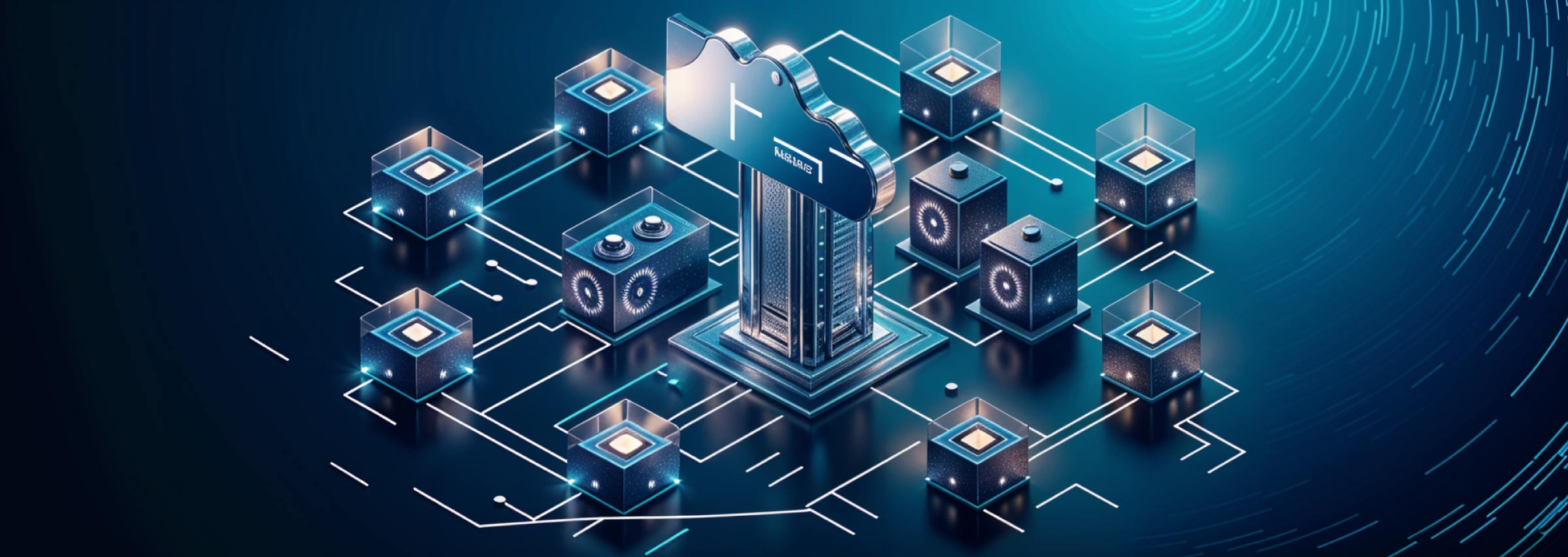Enterprise Resource Planning or ERP Software is important to the operations of an automobile company. Many companies, especially SMBs, face challenges in migrating to a new ERP software. A best-practice driven approach can help them avoid the pitfalls of ERP migration.
Many enterprises and SMBs struggle with their ERP migration plan. A study by Panorama Consulting shows that 45% of companies experienced budget overruns and 58% had missed the timeline. Both the issues, if handled well, can be mitigated at the preparatory stages and then needs to be proactively addressed during the later stages.
There can be several reasons for automobile companies to migrate to a new ERP system such as change in process requirements due to business growth, higher costs in the existing system or rejig in the entire IT strategy.
Four Major Reasons for ERP Migration Failures
- Lack of a Migration Roadmap: The success of any ERP migration project relies heavily on the accuracy of your ERP migration roadmap. To minimize disruptions, it is better to follow a phased approach so that your team can focus on one module at a time. A module-by-module ERP migration plan will bring speed and accuracy.
- Data Migration: Migrating your ERP data is the most critical step and requires meticulous planning and accurate execution. A single misstep can lead to a major technical glitch, resulting in a cascade of issues spreading across multiple business units. To ensure success in ERP data migration, here are a few recommendations.
- Build a roadmap for ERP data cleansing
- Eliminate duplicate and non-essential data
- Map all important data dependencies.
- Create custom taxonomies
- Test rigorously before migrating
- Stakeholders’ Involvement: An ERP system in an automobile manufacturing setup will be used for multiple business functions, including finance, warehouse, inventory, sales etc. With multiple stakeholders, cross-functional support and involvement play a major role in the success of your ERP migration project. Provide the migration with a strong buy-in and sufficient support for executing the project. The team also needs to communicate and collaborate with relevant stakeholders to accommodate their needs.
- Security Issues: Many ERP migration projects get derailed due to security issues and most of the time it is due to the failure of the implementation team. To ensure security, implement Identity and Access Management (IAM) controls, firewalls, log audits, authentication controls and frequently conduct vulnerability assessments.
Partnership with an Expert Provider
Considering that an ERP forms the backbone of your automobile company, it would be wise to plan your migration methodically. Small and medium-sized automobile companies generally lack specialized expertise internally to drive an ERP migration project. For them, it would be best to avail the services of an ERP migration consultant. An experienced ERP service provider will bring experiences consolidated from driving many ERP migration projects to help you migrate without budget and timeline overruns. The migration services provider would also be able to scale up the project to meet the timeline, in case it is required, by deploying more resources.
We, at Gemini Consulting & Services, help small and medium companies (SMEs) across industries in their ERP migration projects. Over the years, several automobile companies have trusted us with their ERP migration projects and our team has achieved them within time and budget. Contact us to know how we can help you implement an ERP system successfully and customize it for your requirements.
ERP Migration Success Tips for Automobile Companies
- ERP Migration Plan: Review your processes for ERP migration and assess various risks associated with it. Build an ERP migration strategy document detailing the implementation strategy, schedule and closure.
- Set Goals: Start with knowing the reasons that necessitated migrating to a new ERP. Then set goals you want to achieve from the ERP migration project.
- Review Progress: Break down your ERP migration timeline into smaller milestones. Setup a review team to periodically check the progress of the migration.
- Test the New System: Once you have migrated your data to the new ERP, it is essential to conduct tests in various scenarios. Most of the ERP migration has issues and therefore you need a support team to fix those issues.
- Train People: Each ERP has a different interface and workflow. Even your experienced staff will face challenges in using the new ERP. So, conduct training sessions for your people.



